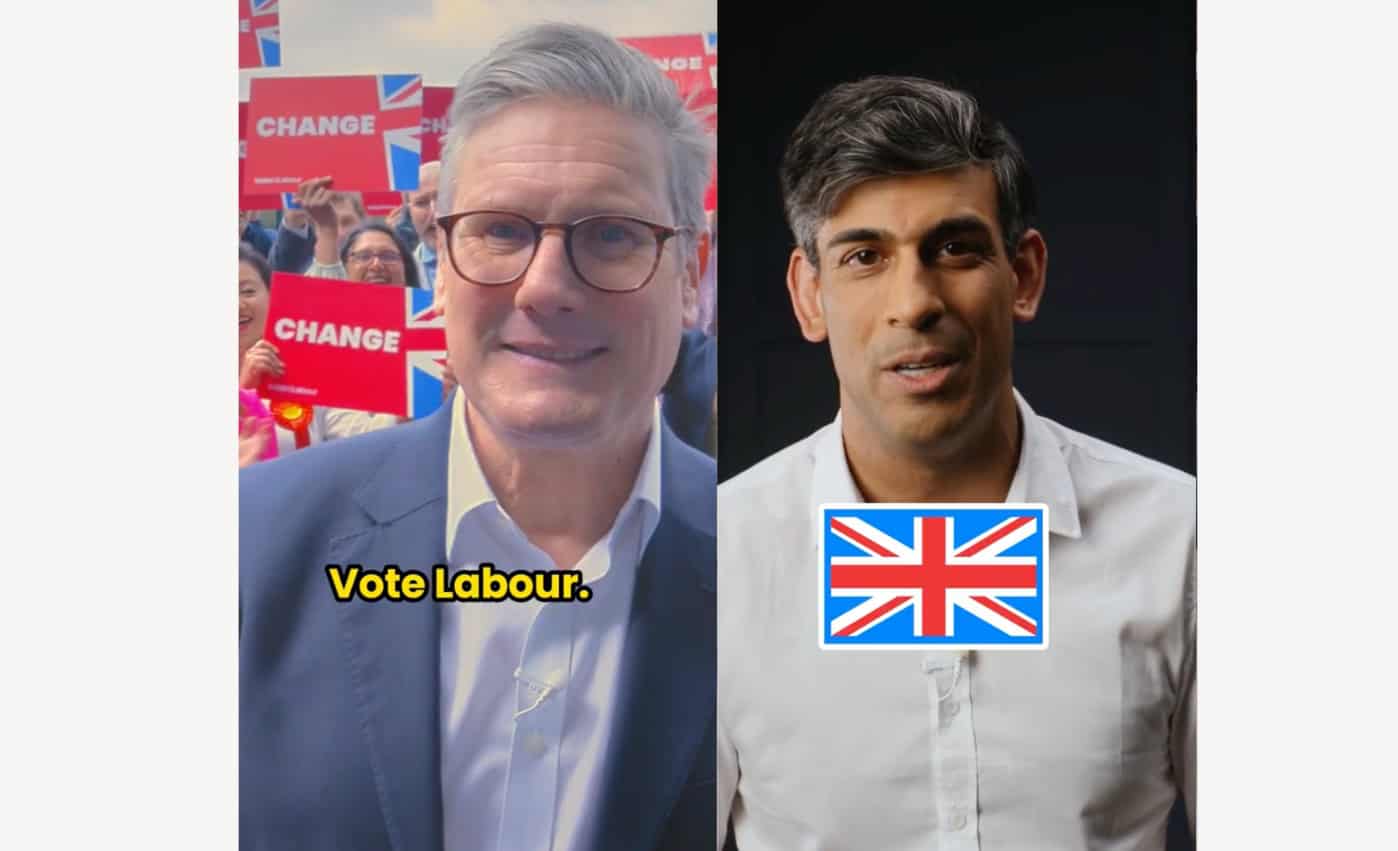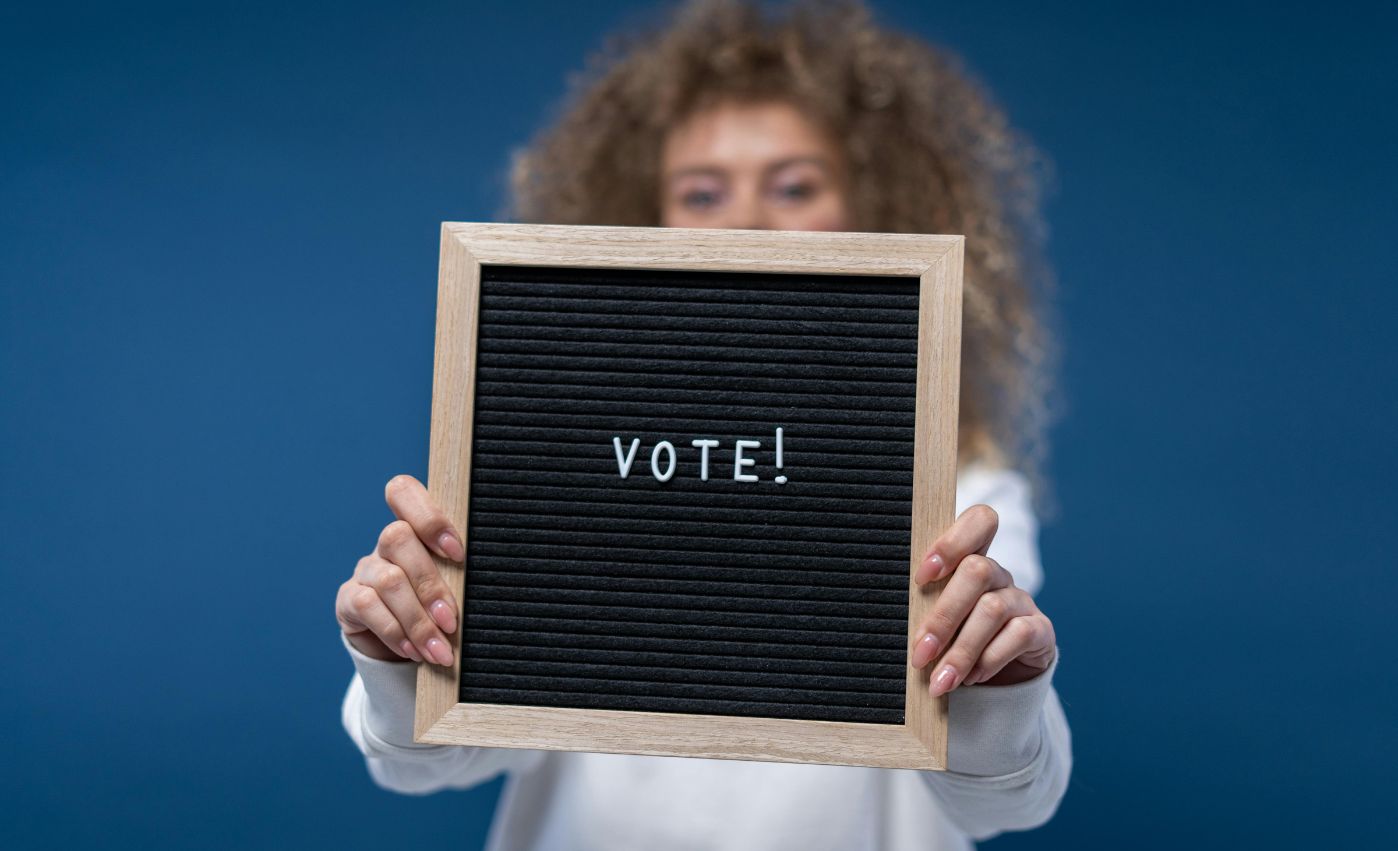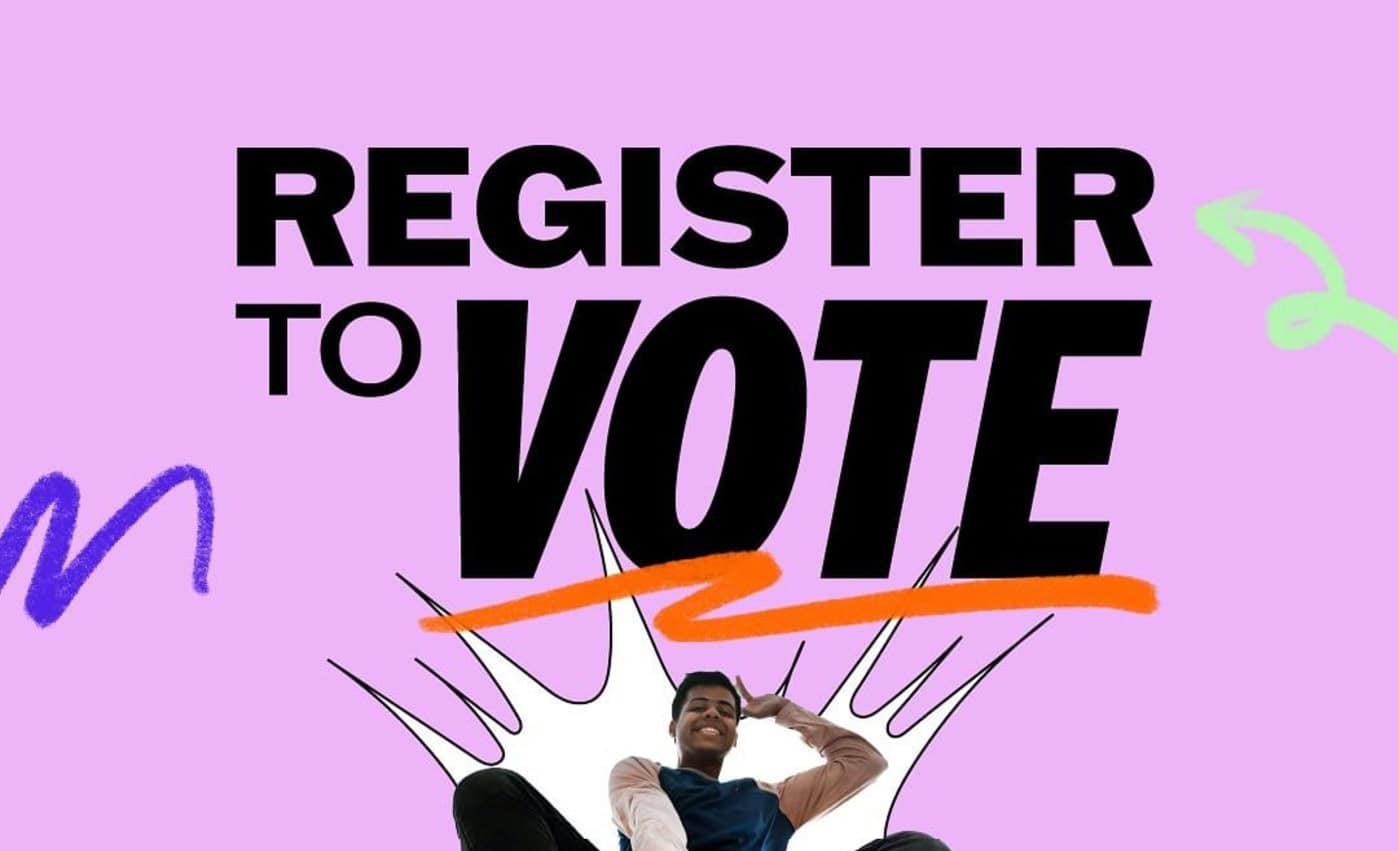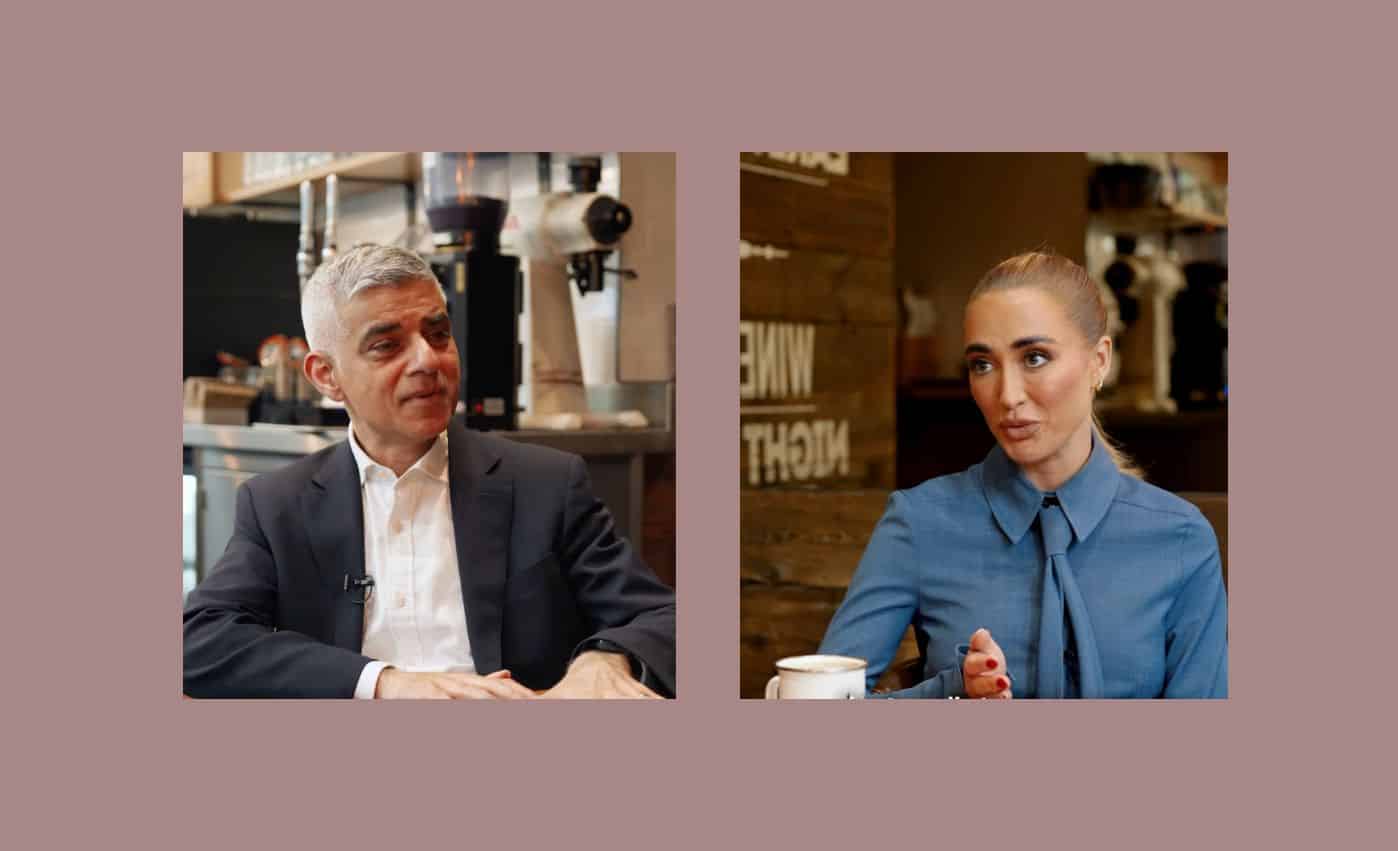As the 4 July vote approaches, candidates are turning to influencers to garner support from young voters who resist traditional advertising tactics, aiming to tap into their engaged and loyal audiences in the fight for number 10.
Social media is becoming increasingly crucial for connecting with youth demographics. Political parties are now shifting resources from engaging with journalists to reaching new audiences through influencers. This change aligns with the drastic shifts in news consumption habits since the previous general election in 2019, as people now spend hours daily on apps such as TikTok. According to a BBC Bitesize survey, young people in the UK trust social media influencers more than politicians to tell them the truth about the news.
The challenge for the UK’s political parties lies in balancing the rewards of collaborating with influencers against the risk of appearing inauthentic. While UK parties have not yet resorted to paying influencers for content — unlike their counterparts in the US — there are no laws preventing them from doing so. British advertising regulations as governed by the Advertising Standards Authority (ASA) require social media promotions to be labelled as adverts, which could make sponsored posts appear forced.
The Conservative Party faces challenges due to the toxicity of its brand among young voters — recent polls indicate that only 8% of under-25s plan to vote Tory in the next election. A video featuring prime minister Rishi Sunak alongside food influencers Will Warr and Jesse Burgess, known as Topjaw, was swiftly deleted following a barrage of negative comments from their audience. Similarly, Labour’s stance on the Israel-Gaza war has drawn significant criticism from many young voters, posing a risk for influencers considering alignment with Keir Starmer’s party.
Despite the potential for negative publicity, party leaders persist in cultivating relationships with creators. Various influencers have received invitations to 10 Downing Street, attending celebratory events or engaging in discussions on societal issues and legislative changes. For instance, The Traitors star Meryl Williams was invited to a Burns Night celebration in January, while entrepreneur Brontë King participated in a conversation on loneliness among 16- to 24-year-olds with the Department for Culture, Media and Sport. Additionally, entrepreneur Grace Beverley addressed the government’s reversal of its angel investment rule, aimed at boosting women’s participation as angel investors.
You may also like
Other creators have attended parliament to discuss legislative changes. For example, trans activist Dee Lou Whitnell spoke on the first all-trans panel in parliament to tackle the government’s gender-questioning guidance and flexible working campaigner Anna Whitehouse spoke in parliament about how to improve the Flexible Working Bill. TV personality Louise Thompson also visited the Houses of Parliament to hear discussions around the Birth Enquiry, a report about birth trauma. Former Love Islanders Georgia Harrison and Sharon Gaffka have taken part in parliamentary discussions about improving women’s health and safety.
Timothy Paul, Abigail Foster, and Beth Turbutt-Rogers were also invited to interview Sunak about the Spring Budget, covering topics such as the reduction of national insurance rates, increases in childcare benefits, and the rise of the minimum wage.
Sunak also met with Russell Cook, commonly known as the Hardest Geezer, for a run through Horse Guards Parade and around Buckingham Palace. The creator recently rose to fame for running the length of Africa and raised more than £1 million for charity. He has more than one million Instagram followers and 251K YouTube subscribers. In a video posted to X (formerly Twitter), Sunak called Cook a “role model” after they discussed ways in which they each manage their mental health.
Labour leader Keir Starmer has also leveraged influencers as part of his campaigning efforts. Starmer recently appeared as a surprise guest at a panel discussion at Union Chapel in Islington, London with podcaster and former Labour strategist Alastair Campbell, who has also urged against “voting Tory”. Former Love Islander Amy Hart has been active in engaging with political discourse and spoke at the Labour Women’s Parliamentary Staff Network event, advocating for increased accessibility in politics.
Other politicians have capitalised on creators as well. Newly re-elected London mayor and Labour member Sadiq Khan also embraced influencer marketing strategies during his campaign. Khan appeared on journalist and parenting blogger Alison Perry’s Not Another Mummy Podcast, delving into his personal life and campaign initiatives. He also collaborated with influencers such as former Love Islander Georgia Harrison to address issues such as violence against girls and women. Additionally, Khan’s interview with journalist Murtaza Ali Shah and travel creator Malika Chopra helped amplify his policies, including the trial of cheaper travel on Fridays. Khan’s successful incorporation of influencer partnerships contributed to his landmark third successive term as mayor of London.
The use of social media influencers in political campaigns is redefining how parties engage with young voters, reflecting a broader shift in media consumption habits. As the 4 July vote approaches, the balance between authenticity and outreach will be crucial for political leaders seeking to connect with a sceptical and digitally savvy electorate. Whether these strategies will ultimately influence the election result remains to be seen.
By Abby Oldroyd, CORQ news and features writer. Picture credit: Timothy Paul via Instagram










